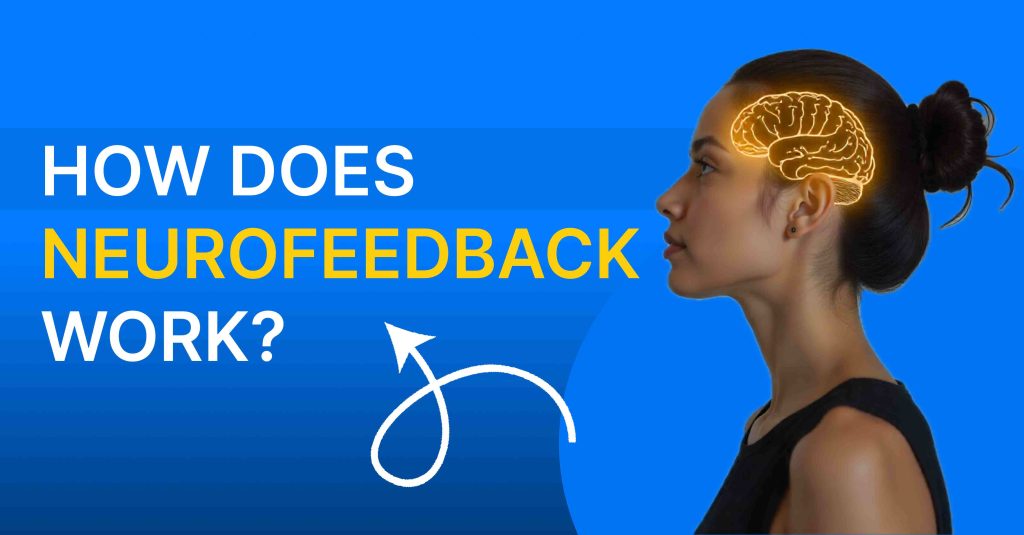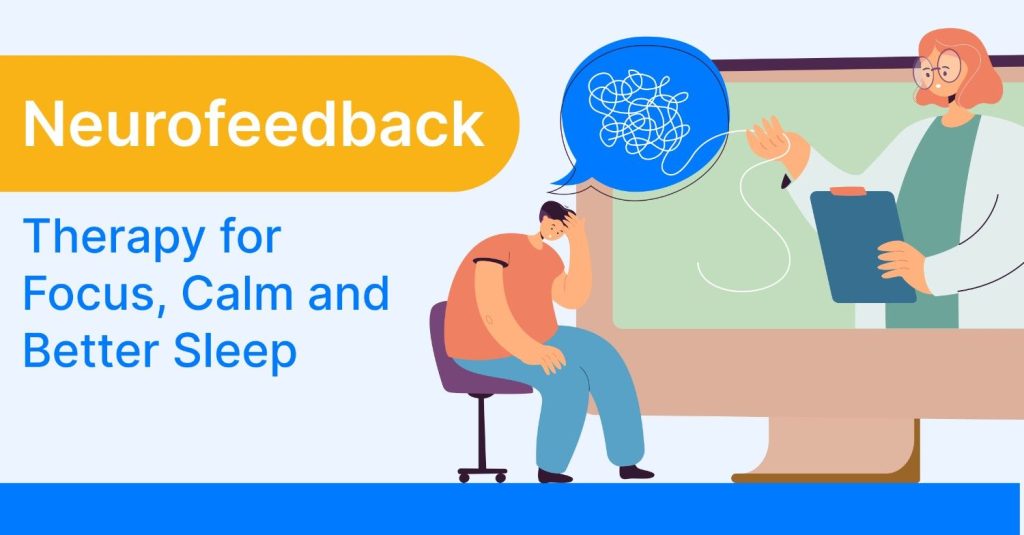Do you struggle with fulfilling your dreams and accomplishing goals? Find out how you too can be the 8% of people living their goal.Did you know that the video gaming industry is financially bigger than the music and movie industry combined? Isn’t that a shocker?At first, one finds it difficult to grasp the financial success of the virtual world. On second thought, specific reasons for the increasing gamification trend is obvious.
Video games offer a sense of escape, a social environment and a continuous feedback mechanism. The ability to see ourselves from a third-person perspective, a thinking mechanism that is focused on one goal, and performance-based progress to the next level are also offered. Additionally, they give an immediate satisfaction of goal achievement.
In short, the gaming sector’s strategy is based on understanding behavioural psychology like no other sector. It has hit an addictively sweet and intellectually golden spot!
No one delays picking up the controls and playing which is in sharp contrast to our real life!
Are you procrastinating on your goals?
Tasks such as waking up, brushing teeth, taking a shower, dressing up and going to work are the daily routine of an average human being. At work, the tasks involve making plans and executing the goals for the day, week, month or year.However, actions are often out of sync with the plans. It is rare to find someone who follows through with their plans.
We make to-do lists, New Year resolutions, study schedules, exercise and diet plans. This actually demonstrates our tendency to not act on what we plan on. Therefore, 92% of the plans and goals are never met.
Human inability to learn from these failures of overambitious goals makes the “to-do” list longer. This shifts the behaviour towards procrastination.
The question is why do we tend to not learn from the mistakes of overambitious planning? The satisfaction humans derive from the act of planning has the answer.
Why you don’t meet your goals
Humans find similar kind of satisfaction in planning a goal as in completing it. Consequently, having received satisfaction from planning reduces our hunger or drive to keep up with the plan. With a reduced drive, the amount of energy and focus towards the plan also weakens.
In effect, the act of planning a task often creates a psychological blind spot that leads straight to procrastination.
50% of the subjects were found to be ‘mild’ to ‘average’ procrastinators and 20% were chronic procrastinators in a 2014 study. The chronic procrastinators accepted their inability to accomplish their goals and plans in a timely manner. Areas of work, finances, relationships, education or health showed this.
Our drive for “planning” and “thinking” is far stronger than our drive for “doing” was demonstrated by the study.
In the book Atomic Habits, James Clear states that the act of procrastination lacks an immediate cost of lost time. As a result, we do not realize how much time we are losing in the long run. In addition, the act has an immediate discomfort of executing the plan. Therefore, we choose not to do the task for comfort.
Lack of immediate cost of lost time makes it easy to build bad habits. Having immediate discomfort in doing the task makes it difficult to build good habits. Thus, we drift away from finishing the tasks and accomplishing goals.
The downside of procrastination
92% of the population are repeated “micro-failures” as they are unable to complete the planned tasks. It contributes to an increase in anxiety and depression. Not hitting the goal repetitively creates a negative thought self-criticism and downright de-motivation.
Learn how to feel Calm at Brain & Co.
How to Hit the GOAL Spot?
Working towards and achieving goals can give one a self-esteem boost. It can improve their life satisfaction and overall mental health. According to a Psychology Today article it leads to happiness, resilience, independence and a sense of success.Setting goals is effortless. However, it is necessary to create habits that make achieving these goals as easy as possible.
Forming habits that benefit
James Clear detailed the importance of drilling things into consciousness by building a system every day. The system becomes a habit that can achieve goals.He uses the analogy of the car. For instance, when one decides to travel to a certain location, one has to go on driving to reach the journey’s end. One simply does not stop somewhere and give up because they have not reached the place.
They have to drive and push through all the miles to see the destination.
In other words, the “driving and pushing through” is comparable to building a system to reach the location i.e. goal. This is similar to training our brain.
Building a system requires an in-depth understanding of the self. Neurofeedback is one way to do it if it is not achievable by our trials.
At Brain & Co., we aspire to decrease the gap between the goal-achievers and the non-achievers. Neurofeedback can help you hit the sweet golden goal spot. It does so by training your brain to build systems aligned to your personality.
To learn more, watch this video.





